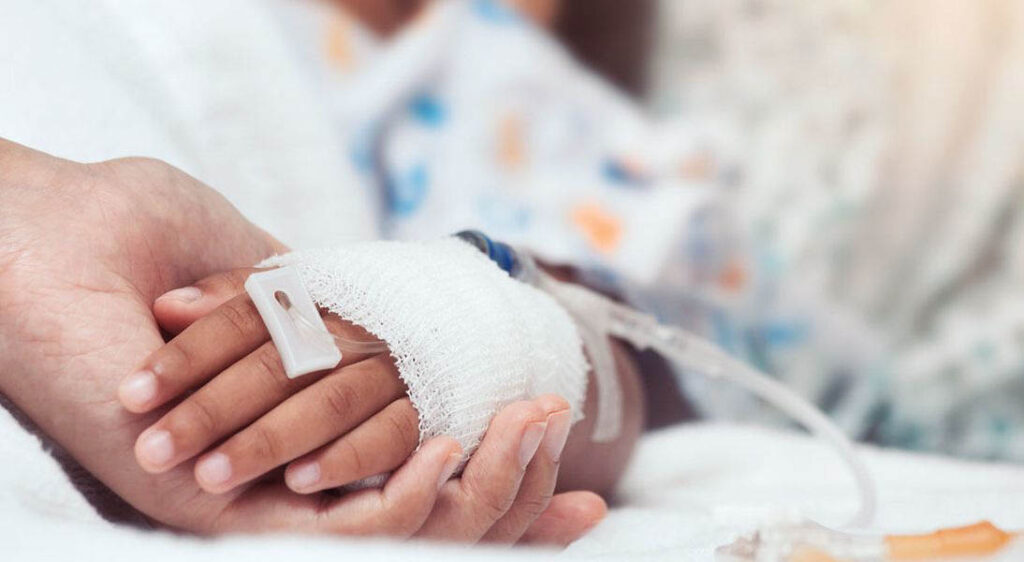The Acreditar association warned today of the financial difficulties that parents of children with cancer are going through, defending that the value of the sick leave for monitoring the child should increase to 100%.
“It would be very important for caregivers to be able to take advantage of 100% paid leave to accompany a child with an oncological disease (as in the case of cancer patients) and that, especially in more critical stages of the journey, both parents could take advantage of that leave ”, argues Acreditar in a statement released on the eve of the International Day of Children with Cancer.
Speaking to the Lusa agency, the director general of Acreditar, Margarida Cruz, said that “the inflation that has deteriorated the income of the Portuguese has a very big impact on the parents or caregivers of children with cancer”.
“And, therefore, we feel a growing number of requests for support and a request to increase the average values of our economic and food support”, said Margarida Cruz, adding that, in the field of support in food baskets that are given in cards supermarket, have already reviewed the values.
In terms of economic support, the official defended that the revision of the amounts to be paid by social security to these families would somehow compensate for their needs.
Like its international counterparts, Acreditar – Association of Parents and Friends of Children with Cancer marks this day by bringing to the discussion the concerns of parents, in which social support is at the “top of concerns”, survivors and some professionals who work in pediatric oncology.
“In Portugal, there are around 400 new diagnoses per year. Despite the survival rate being 80%, pediatric cancer continues to be the first cause of death from the most frequent disease in children and adolescents”, says Acreditar.
In survival, sequelae are responsible for less quality of life in two thirds of survivors, and one third of these have severe sequelae.
“Not suffering the direct impact of the problems that the SNS is going through, there are signs and a growing concern that it could reach pediatric oncology”, he stresses.
For this reason, the association defended that it is “essential to insist on the National Strategy for the Fight against Cancer”, considering that “the document should better reflect the needs of pediatric oncology in Portugal”.
“It would have been relevant for the “players” in this area, namely health professionals and parents and survivors or their representatives, to have been heard by those who drafted the Strategy. If this care was not taken, it will be essential that the contributions that these structures made reach those who are entitled to be included in the final text”, he defended, noting that he does not know the final text that was delivered to the Ministry of Health.
Margarida Cruz said that they made “an exhaustive comparison” of what was contained in the Portuguese document and what was contained in the strategy defined for pediatrics and felt that “the importance given to pediatrics at the European level is not the same as that given in the national document ”.
For Acreditar, it would be fundamental for the Strategy to ensure that pediatric patients continue to be citizens with equal rights, in terms of access to school, psychological follow-up or the regulation of rights such as access to credit.



















Comments